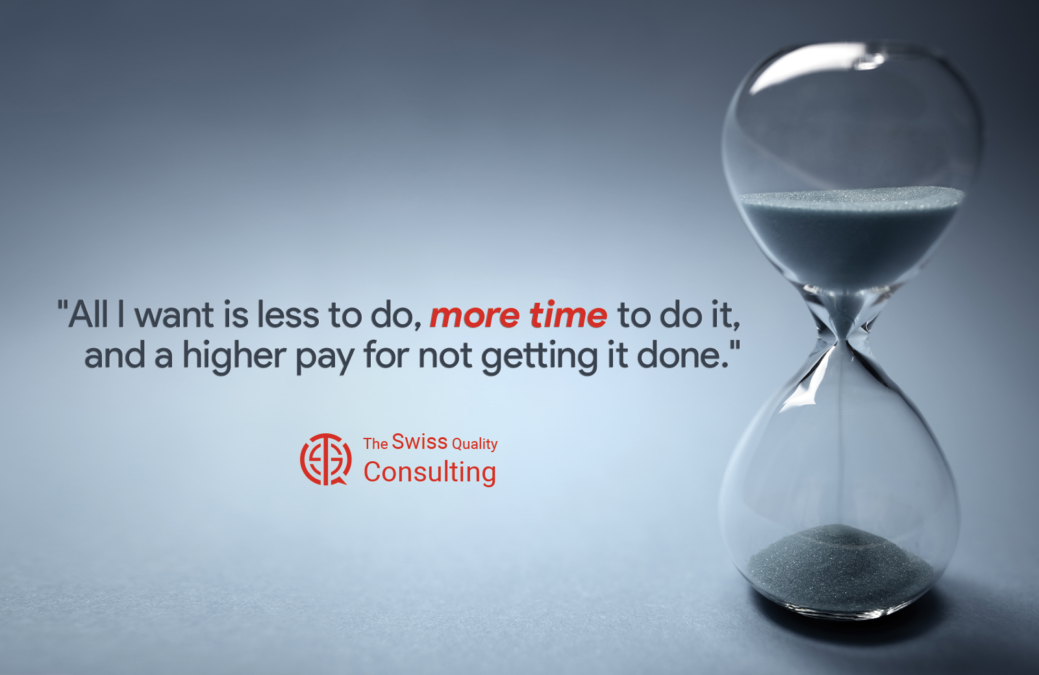Balancing Workload, Time, and Compensation
In our fast-paced world, the desire for a reduced workload, more free time, and increased compensation can seem like an elusive dream. Many individuals find themselves caught in the relentless cycle of work, struggling to strike a balance between their professional and personal lives. In this pursuit, it’s essential to explore strategies for achieving these goals without compromising our values or well-being.
First and foremost, the desire for less to do is a natural response to the increasing demands of the modern workplace. Many employees feel overwhelmed by the constant stream of tasks and responsibilities that come their way. This sense of being perpetually busy can lead to burnout, decreased job satisfaction, and even adverse health effects.
One way to address this issue is by implementing effective time management strategies. Prioritizing tasks, setting boundaries, and learning to say no when necessary can help reduce the workload while maintaining productivity. Delegation is another valuable tool; by entrusting certain responsibilities to others, individuals can free up time for more meaningful and high-impact tasks.
However, it’s important to acknowledge that simply having less to do is not the ultimate goal for everyone. Some individuals thrive in dynamic and challenging environments, and their satisfaction comes from taking on a heavy workload. In such cases, the key is to find a balance that aligns with personal preferences and career aspirations.
The desire for more free time is a universal aspiration, as it allows individuals to pursue their passions, spend quality time with loved ones, and rejuvenate their minds and bodies. To achieve this, one must be proactive in managing their schedule and priorities.
Implementing efficient work processes, setting clear boundaries, and utilizing technology to streamline tasks can significantly increase free time. Additionally, recognizing the importance of downtime and self-care is essential for overall well-being. It’s crucial to strike a balance between work and leisure to maintain a healthy and fulfilling life.
The third aspect of the desire—higher pay for not getting it done—reflects the value individuals place on their time and effort. While financial compensation is an important factor in job satisfaction, it’s essential to seek opportunities that align with personal values and ethics.
Negotiating for better pay and benefits, seeking out higher-paying positions, or investing in education and skill development are ways to increase compensation. However, it’s crucial to remember that the pursuit of higher pay should not compromise one’s integrity or ethical principles. Finding a balance between financial gain and personal values is key to long-term career satisfaction.
It’s important to note that these desires—less to do, more free time, and higher pay—can be achieved without compromising one’s values or principles. In the Western world, where diversity and inclusivity are celebrated, individuals have the freedom to pursue their goals while respecting the rights and dignity of others.
In any endeavor, it is essential to act ethically, respecting the principles of honesty, fairness, and equality. It is possible to negotiate for higher pay, seek work-life balance, and manage workload without engaging in unethical practices or harming others.
The desire for less to do, more free time, and higher pay is a common aspiration in today’s fast-paced world. Achieving these goals is possible through effective time management, setting clear boundaries, and negotiating for fair compensation. It’s crucial to balance these desires with ethical principles and values to maintain personal integrity and well-being.
#BalancingWorkload #TimeManagement #WorkLifeBalance #EthicalCareer #FairCompensation









